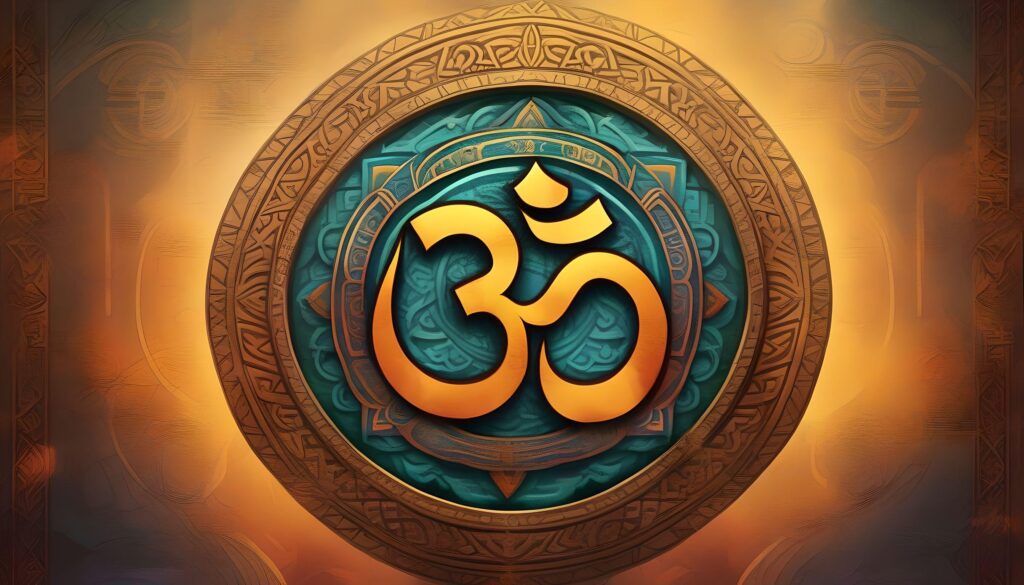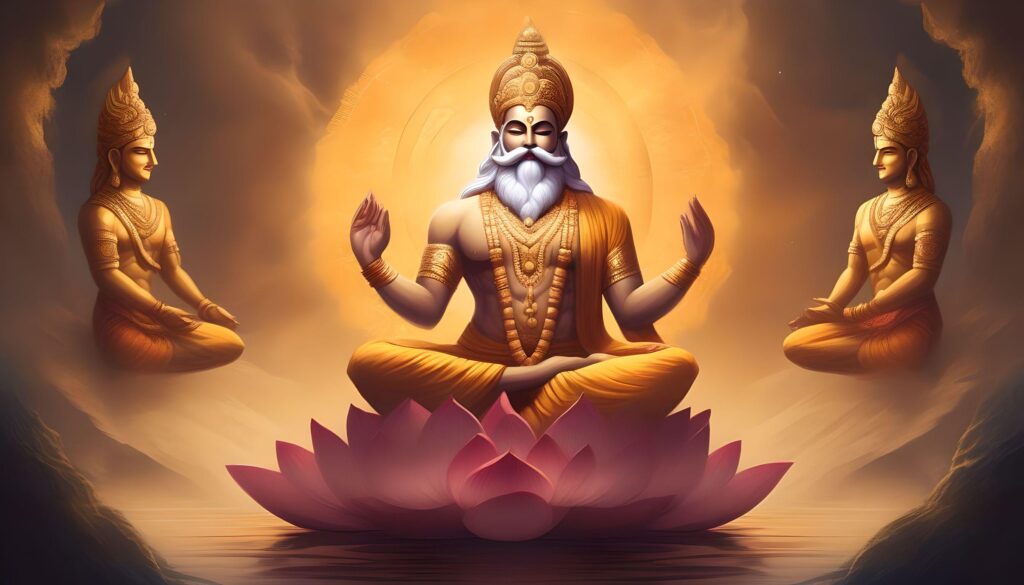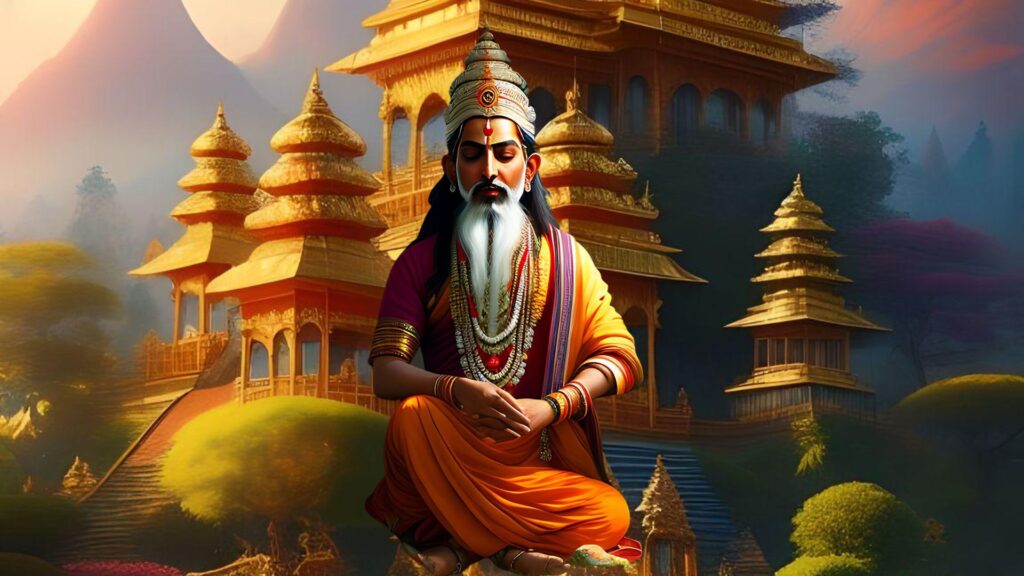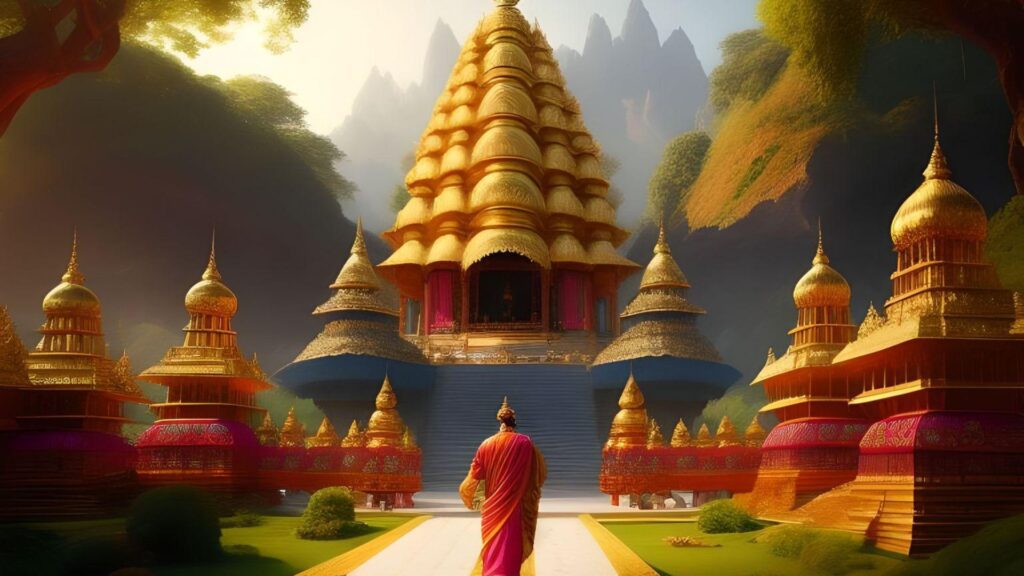Hinduism and Science: A Harmonious Relationship
Introduction:
Preface to the Science and religion frequently appear to be in conflict in the contemporary, technologically advanced world. Conversely, as one of the most ancient religions in the world, Hinduism provides a distinctive vantage point regarding the correlation between scientific inquiry and spirituality. A more profound comprehension demonstrates that Hinduism and science are not inherently contradictory ideologies, but rather have the potential to mutually enhance and supplement one another. This article aims to examine the synergistic correlation between science and Hinduism, elucidating the commonalities in values, contributions, and insights that these two disciplines impart to the human race.
The Compatibility of Hinduism and Science
In contrast to numerous alternative religious traditions, Hinduism espouses empirical investigation and advocates for its adherents to plumb the depths of the cosmos. Hinduism, instead of being in opposition to scientific principles, offers a framework that enhances scientific understanding. Hinduism acknowledges the capacity of science to offer explanations for inquiries pertaining to “when,” “where,” and “how,” but it confronts the matters of “who” and “why” that defy complete scientific comprehension. Through the integration of scientific principles and Hindu philosophical beliefs, one can acquire a comprehensive comprehension of the cosmos and their position therein.
Ethics and Morality
An area of convergence between Hinduism and science pertains to their respective stances on ethics and morality. In contrast to the empirical observations and objective analysis that characterize science, Hinduism imparts moral guidance through the instruction of principles including altruism, restraint, honesty, nonviolence, compassion, and empathy. Hinduism supplementes science by providing counsel on matters pertaining to the individual, society, and culture, thereby ultimately contributing to the welfare of both individuals and the collective.
Nature and Materialism
Undoubtedly, scientific advancements have expedited and improved our lives in tremendous ways through technological progress. Nevertheless, this frequently results in an obsession with material possessions, a behavior that can detrimentally affect both people and the environment. Humanity, which must be revered and protected, is an inseparable component of the natural world, according to Hinduism, which emphasizes the significance of maintaining a harmonious relationship with it. Hinduism counterbalances the materialistic inclinations of contemporary society through its emphasis on the interdependence of all living things.
Balance of Opposites
Although science has significantly transformed our comprehension of the universe, it has also introduced greater intricacy into existence and heightened mental restlessness. In contrast, Hinduism provides instruction on attaining interior tranquility and maintaining equanimity in the face of the opposites that are present in the physical realm. Hinduism promotes a tranquil and equanimous approach to life’s complexities through the adoption of the principle of balance.
Hinduism’s Influence on Science
Hinduism, in addition to its acceptance of scientific inquiry, has exerted a significant influence on the historical progression of scientific thought. Numerous distinguished scientists have drew inspiration from Hindu scriptures and teachings, which have significantly influenced their comprehension of fundamental scientific principles. This analysis will examine a selection of scientists who have undergone religious conversions to Hinduism, as well as the noteworthy scientific and technological advancements that ancient India made.
Scientists Who Converted to Hinduism
Over the course of modern history, a number of distinguished scientists have explicitly recognized the impact that Hinduism has had on their scientific comprehension. Prominent scientists including Werner Heisenberg, J. Robert Oppenheimer, Carl Sagan, Erwin Schrodinger, and Hans-Peter Durr have acknowledged the enlightening knowledge contained in Hindu scriptures, including the Bhagavad-Gita and Vedic texts. Hinduism and science, according to the discoveries of these scientists, provide complementary perspectives on the essence of reality and are not mutually exclusive.
Discoveries from Ancient India
Ancient India boasted a substantial legacy of scientific and technological progressions that were frequently obscure to the general public. Although certain seminal contributions have been recognized, there are numerous other findings originating from ancient India that continue to elude the majority. Let us examine sixteen noteworthy scientific and technological contributions that were made by ancient Indians:
1. The Idea of Zero
In ancient India, the concept of zero, which is fundamental to modern mathematics and science, was first formulated. This groundbreaking notion established the groundwork for the decimal system and fundamentally transformed mathematical computations.
2. The Decimal System
The development of the decimal system by ancient Indians serves as the foundation for contemporary numerical notation. By virtue of its implementation of place value and the zero symbol, this system significantly impacted the global advancement of mathematics and facilitated the execution of complex mathematical computations.
3. Numeral Notations
Ancient Indians developed numerous numeral notations, including the utilization of fractions and the notion of infinity, in addition to the decimal system. These notations considerably advanced the discipline of mathematics by simplifying the execution of complex calculations.
4. Fibonacci Numbers
In ancient India, the Fibonacci sequence, where each integer is the sum of the two preceding ones, was initially documented. In addition to its distinctive mathematical characteristics, this sequence has been implemented in numerous disciplines, such as finance, computer science, and biology.
5. Binary Numbers
The binary number system had already been recognized by ancient Indians prior to its formalization in contemporary computer science. This two-digit system (0 and 1) serves as the fundamental building block for computer programming and digital technology.
6. Chakravala Method of Algorithms
Developed by the Indian mathematician Bhāskara II, the Chakravala method is an algorithm designed to resolve indeterminate quadratic equations. This approach exemplified sophisticated mathematical methodologies and exerted a substantial influence on the evolution of algebra.
7. Ruler Measurements
Rulers were utilized by ancient Indians to devise precise measurement techniques that were indispensable for a wide range of scientific, engineering, and architectural endeavors. The utilization of these dimensions was crucial in the fabrication of magnificent edifices such as palaces and temples.
8. A Theory of Atom
Atoms, which are considered the fundamental constituents of substance, were investigated within the realm of ancient Indian philosophy. Many concepts of contemporary atomic theory were predicted by Indian philosophers, who postulated that atoms combine in extraordinary ways to produce a variety of substances.
9. The Heliocentric Theory
The heliocentric theory of the solar system, postulated by ancient Indian astronomers including Aryabhata and Brahmagupta, established the heliocentric position of the Earth with respect to the Sun. The initial heliocentric models offered valuable insights into the characteristics of the planet we orbit around.
10. Wootz Steel
In ancient India, Wootz steel, which is renowned for its exceptional quality and durability, was first manufactured. This high-carbon steel had a profound effect on ancient metallurgy and was instrumental in the development of weapons.
11. Smelting of Zinc
The practice of zinc refining, which involves the extraction of zinc metal from its ores, originated in ancient India. This technological progression facilitated the large-scale production of zinc and made a significant contribution to the development of metallurgy.
12. Seamless Metal Globe
The ancient Indians exhibited exceptional metallurgical prowess through the production of seamless metal globes, which served as ornamental features and emblems of artistry. The elaborate metalworking techniques exhibited the profound comprehension of materials and artistry that characterized ancient India.
13. Plastic Surgery
Surgeons from ancient India invented sophisticated procedures for reconstructive and plastic surgery. Procedures for repairing facial injuries, reconstructing ears and nostrils, and carrying out a variety of other surgical interventions were detailed in treatises such as the Sushruta Samhita.
14. Cataract Surgery
Cataract surgery was initially pioneered by physicians from ancient India, who devised methods to extract cataracts from the eye. The surgical procedures documented in ancient texts serve as evidence of the rudimentary mastery of intricate surgical methodologies.
15. Ayurveda
Ayurveda, an antiquated Indian medical system, adopts a comprehensive approach to health and restoration. It integrates tenets of herbal medicine, adjustments to one’s lifestyle, and individualized therapeutic approaches, all of which persistently impact contemporary healthcare methodologies.
16. Iron-Cased Rockets
Rocketry was one of the domains in which the ancient Indians excelled; they even created iron-cased missiles for military purposes. Utilized in combat, these rudimentary rockets, which were fueled with combustible substances, significantly influenced the evolution of rocket technology.
Conclusion
With respect to the quest for comprehension and awareness, both Hinduism and science provide distinct perspectives that mutually enhance and supplement one another. Science offers empirical evidence and logical explanations for the mechanisms of the universe, whereas Hinduism provides a moral and philosophical framework that assists individuals in navigating the complexities of life. Through the simultaneous adoption of Hinduism and scientific principles, one can acquire a holistic comprehension of the universe and their position therein. As the investigation into the marvels of the cosmos progresses, it is imperative that we acknowledge the profound contributions that Hinduism and science make to the pursuit of knowledge and enlightenment by humanity as a whole.








